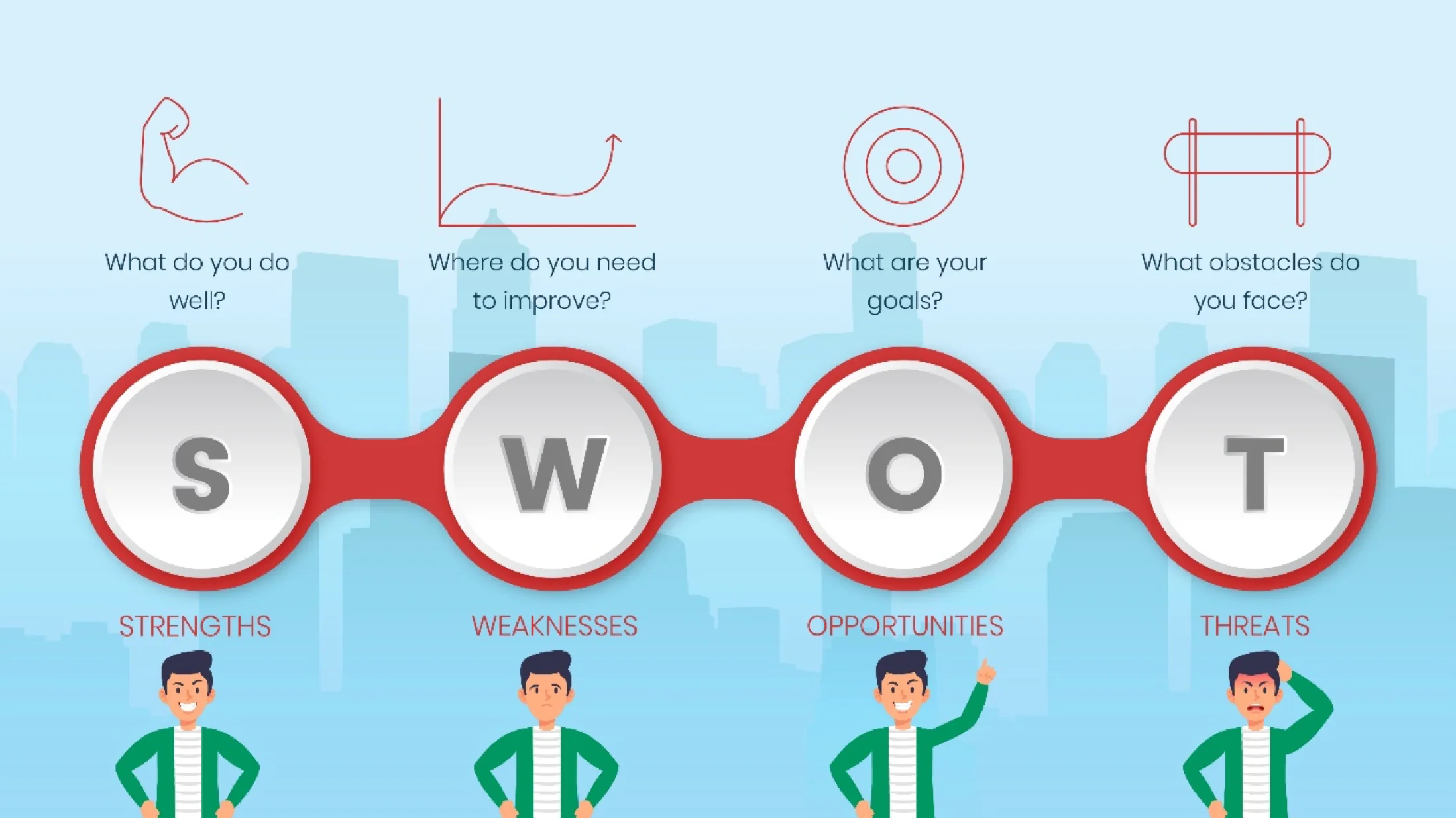Often you must have faced this question from your peers, teachers or counsellors – where do you want to be seen in the next 10 years?
Many students do not know how to answer this question and come up with a generic response along the lines of ‘I hope to join a big company and eventually move into a position with more responsibility.’ But wouldn’t it be great if you did know where you wanted to be in 10 years?
A career plan helps you determine your skills and interests, what career best suits your abilities, and what skills or trainings you need for your preferred career. If you have a career action plan in place, then there is a better chance you will have a good idea of where you want your career to be in one year, five years, 10 years and even longer-term. The easiest and most beneficial way of looking at a career plan is that it is a personal roadmap that will bring a sense of direction, focus, and determination to reach the goals set out in the plan.
Increasing Chances of Success
We believe that people who plan ahead are generally more likely to make better choices when establishing their careers and are rewarded with the opportunity to become successful more quickly. When planning your career, it is important to take your long-term goals and ambitions into account. Where do you ultimately want to be in your career? What steps can you take today to get you closer to achieving that goal?
If you are honest, upfront and have open lines of communication, they can help you envision a career path and highlight the opportunities that are open to you within your field. A strong career plan will help you to stay focused on what you really want and it will make sure that you are developing the right skills and experience to get you there.
An Action Plan
When you sit down to create a career plan, it is worth remembering that there is no set format that a career action plan must-have. Plans can vary in size from one or two sections to lots of pages, they are different to each individual, personalized and including information that applies only to that individual. College students should break this down to the steps that they might intend to take right from their early years.
Some of the most important features of effective career action plans include professional likes and dislikes, moves required to obtain the desired job, professional growth objectives and monetary aspirations, a timetable to attain specific goals and a list of other professionals or counsellors who may help you with some advice if required. While a mentor can often help provide a valuable external perspective on your career path and a counsellor can help you understand the skills required in a particular field.
Keep Planning
Numerous people only think about their career goals when they start looking for a fresher job, but ongoing career planning and management is essential to long-term career progression. Remember that no one else will care about your success more than you, so make time for planning and invest in your career. Think about your skills, what you enjoy doing, and where you want to be. A quick SWOT analysis may help you measure your goals and motivations as follows-
Once you know where you want to be it is much easier to figure out how to reach there. Breaking your long-term goals down into short to medium term goals makes them more adaptable, and enables you to take the first steps towards reaching them. You might realize you need to take a training course to learn new skills or refresh old ones. All the best!






